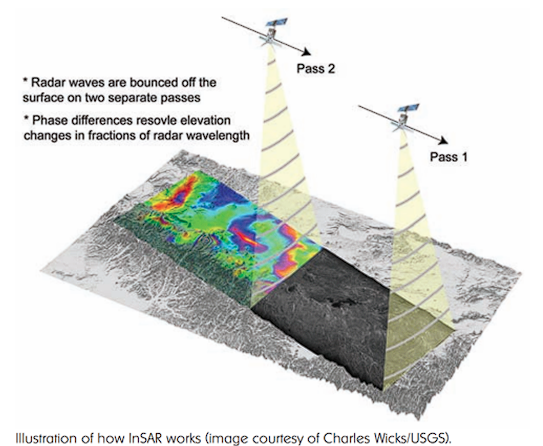Soil mechanics in Chile, the study of the physical properties and utilization of soils, especially used in planning foundations for structures and sub grades for highways that is necessary for buildings and Engineers organization in Santiago de Chile. To be honest, soil tests and soil mechanics help us to know the property of soils that have interaction with structures. Thus, in this blog we are going to understand how soil mechanics in Chile is significant and help us.
Soil Mechanics & The Scientific Study
The first scientific study of soil mechanics was undertaken by French physicist Charles-Augustin de Coulomb, who published a theory of earth pressure in 1773. Coulomb’s work and a theory of earth masses published by Scottish engineer William Rankine in 1857 are still primary tools used to quantify earth stresses. These theories have been amended in the 20th century to take into account the influence of cohesion, a more recently discovered property of soils that causes them to behave somewhat differently under stress than Rankine and Coulomb predicted.
Soil is a natural aggregate of mineral particles, sometimes including organic constituents; it has solid, liquid, and gaseous phases. How the soil of a given site will support the stresses put upon it by the weight of structures, or how it will respond to movement in the course of construction, depends upon six properties—internal friction (the resistance of a soil mass to sliding, inversely related to the amount of moisture in the soil and thus greater in sands and gravel than clays) and cohesion (molecular attraction between soil particles, much higher in clays than sands or silt), both of which lessen the tendency of soils to shear, or slide along planes; compressibility (the degree to which soil may be made denser by various means including tamping and vibration, and thus able to support greater loads); elasticity (the ability of soil to reexpand after being compressed); permeability (the degree to which a soil will conduct a flow of water); and capillarity (the degree to which water is drawn upward from the normal water table).
Foundations are designed to convey the weight of a structure to the ground underneath and around it. Stress distribution that is not properly matched to the characteristics of the soil may result in structural failure through shearing of the soil or uneven settling. Spread foundations may be either of the spread footing (made with wide bases placed directly beneath the load-bearing beams or walls), mat (consisting of slabs, usually of reinforced concrete, which underlie the entire area of a building), or floating types. A floating foundation consists of boxlike rigid structures set at such a depth below ground that the weight of the soil removed to place it equals the weight of the building; thus, once the building is completed, the soil under it will bear the same weight it bore before excavation was begun. Deep foundations may be end-bearing piles (which convey all the weight put on them end-to-end, from the building above to the bedrock on which they are set), friction piles (which transfer some of the pressure put on them to the soil around them, through friction or adhesion along the surface where pile sides interface with soil), or caissons (extra-large piles cast in place in an excavation, rather than prefabricated and sunk).
Soil mechanics, by examination of the subgrade of roads and highways, helps to determine which type of pavement (rigid or flexible) will last longer. The study of soil characteristics by egscience consulting company and its professional staff in Santiago de Chile is one of the best and trustful geotechnical company in Chile. Hopefully, we have lots of courses for engineers and professors also here.
